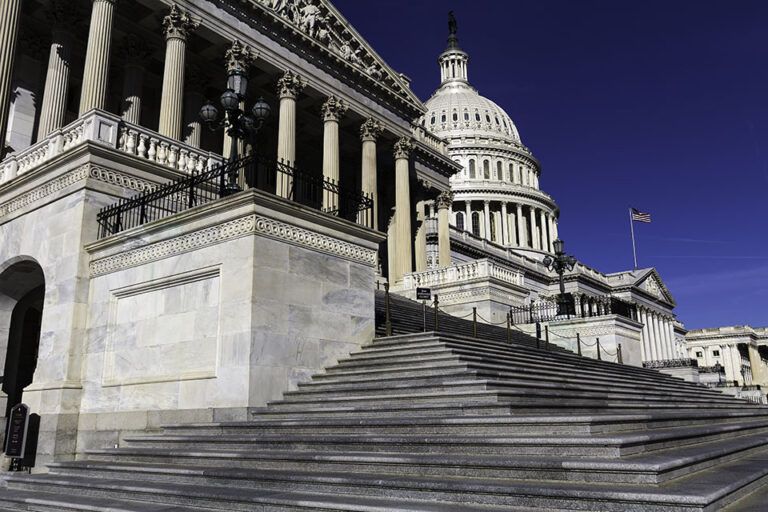Lawmakers are considering getting involved in creating national standards for hemp products, which have been a hot topic across the nation recently.
The Cannabinoid Safety and Regulatory Act, introduced Wednesday by Oregon Democratic Sen. Ron Wyden, would create a comprehensive regulatory framework for hemp-derived cannabinoid products under the oversight of the Food and Drug Administration.
“Marijuana prohibition has never prevented marijuana from getting into the hands of children,” Wyden said in a statement. “Strong regulation can give consumers safe and reliable options, while also thwarting unregulated markets and banning dangerous products.”
The bill would set a federal age limit of 21 for purchasing hemp-derived products and establish manufacturing, testing and labeling requirements. It would also ban synthetic cannabinoids and prohibit marketing tactics that may appeal to children.
Under the proposal, manufacturers of cannabinoid products would be required to register with the FDA and test their products for potency, pesticides, heavy metals and other contaminants, and the FDA would be tasked with developing specific regulations regarding manufacturing and testing.
The bill would standardize labeling and packaging requirements nationwide.
“Minimum standards for federal regulation of hemp products are non-negotiable to ensure that consumers are not put at risk by products of untested and unknown origin,” Wyden said. “My bill would ensure that adult consumers know what they're getting and that hemp products are not marketed or promoted to children.”
However, the bill would “expressly” allow states to regulate or ban hemp-derived cannabinoid products as they please, at their own pace.
“The Act respects the rights of individual states,” according to a summary of the bill.
The bill would also give the FDA the authority to create additional regulations for hemp products that could affect how hemp foods are produced and sold. For example, the bill would allow the FDA to require “nutrition facts-like” labeling for cannabinoids, which could apply to hemp foods.
The bill proposes a definition of “total THC content,” which includes “all forms of cannabinoids,” including CBD and delta-8 THC. It also specifically includes “tetrahydrocannabinolic acid (THCA),” a precursor to THC, in products sold as THCA flower but tested as federally legal hemp.
The provision could bring much-needed clarity to a market that has operated in a regulatory grey area since hemp was legalized in 2018, allowing many untested and potentially dangerous items to enter the market.
The bill summary states: “Since then, in the absence of clear regulation by the FDA, hemp-derived cannabinoid products have flooded the national marketplace. Some states regulate these products while others do not, leaving consumers with inconsistencies between marijuana and hemp products in different marketplaces.”
The FDA has faced criticism for being slow to regulate the industry, especially CBD, but the agency blames Congress for failing to pass legislation that would provide relief.
The bill also creates new grant programs to combat underage marijuana use and marijuana-induced driving, as well as funding research to develop standards for detecting marijuana-induced intoxication and drugged driving.
Additionally, the bill proposes significant funding for these efforts, including $125 million for underage marijuana prevention and $200 million for the state's marijuana-impaired driving prevention program.
CSRA

